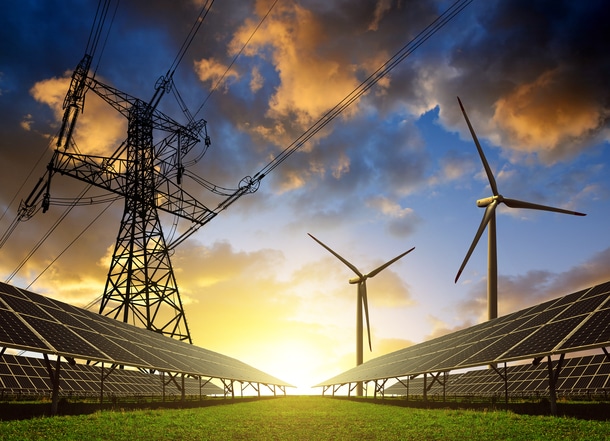A study commissioned by Greenpeace Germany says wind and solar will be the cheapest energy options in G20 countries by 2030.
The study also found that in about half of the G20 countries, renewable energy has been cheaper since 2015.
Greenpeace Germany energy expert Tobias Austrup said there can be “no excuses” about switching to renewables.
“Climate protection increasingly makes economic sense across the G20 as renewable energy becomes cheaper than dirty coal and nuclear,” Austrup said.
“Any G20 country that is still investing in coal and nuclear power plants is wasting their money on technology that will not be competitive in coming years.
“The G20 now has a responsibility to send a clear signal that accelerating the clean energy transition is not only the right thing to do for the climate, but also for the economy.”

Study analysed electricity costs from 2015–2030
The Finnish Lappeenranta University of Technology study calculated the electricity generation costs in all G20 countries for the years 2015 and 2030.
The study found wind farms already generated the cheapest form of electricity in 2015 in large parts of Europe, South America, the US, China and Australia.
Due to rapid technical progress and falling price, in 2030 solar energy will be so cheap that it will be even cheaper than wind power in many G20 countries.
Global investments mirror the results of the Greenpeace study. UN figures reveal that in 2016 investments in renewables were double that of investments in conventional power stations. About 55 per cent of the added electricity capacities were based on renewable energies last year – a record figure.
America and Australia score low on clean energy policy
US President Trump, however, is mistakenly promoting coal and nuclear power, according to Austrup.
“Trump’s energy policy is simply a bad deal. The US has excellent conditions for expanding its wind and solar energy capabilities and states like California, Texas or Iowa will not miss this chance.”
Meanwhile, a report submitted to the G20 Summit in Hamburg gives Australia a poor report card for its climate policy.
According to the Brown to Green report, Australia is not ambitious enough on climate and continues to support coal-fired solutions.
Other countries singled out as performing at a low level were the US, Russia Japan, Saudi Arabia and Turkey.












































